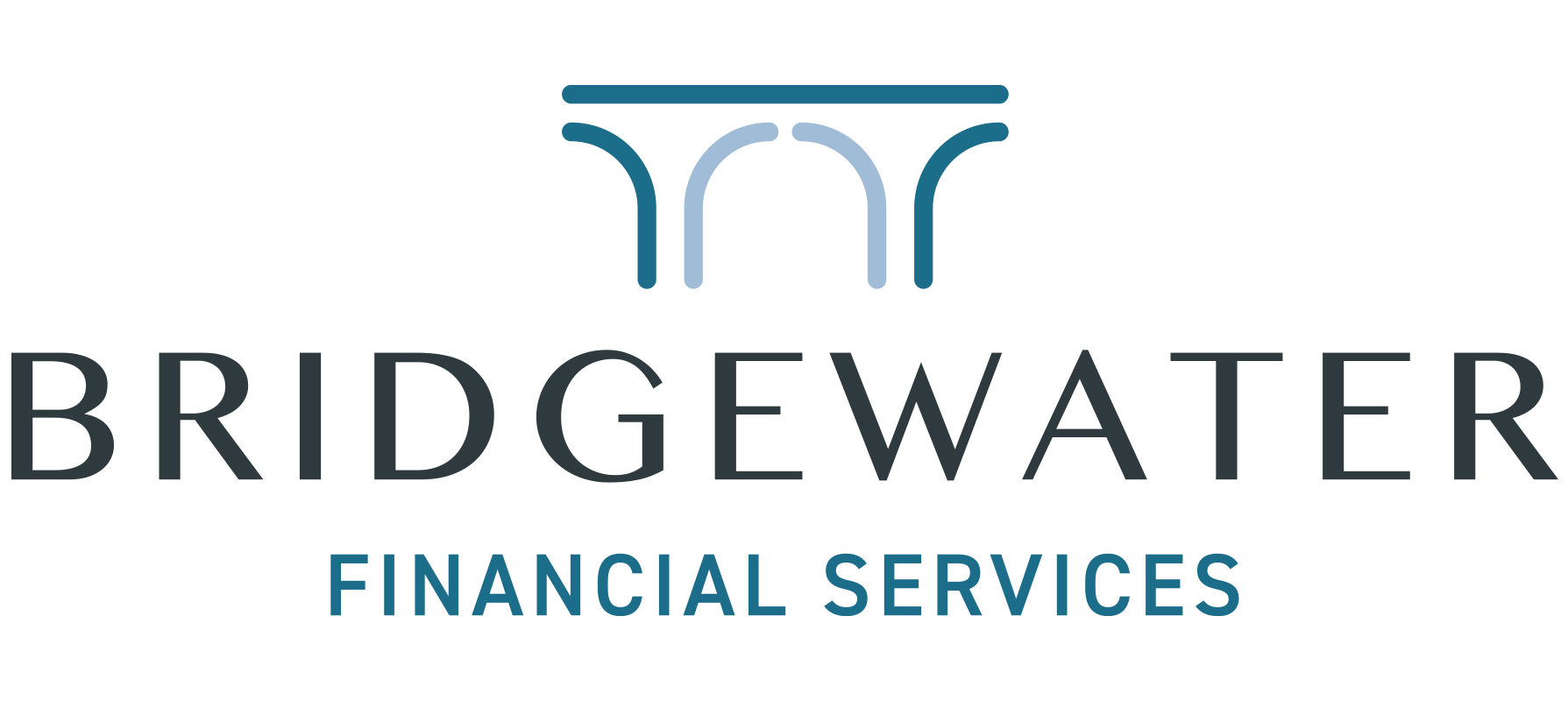This website uses cookies so that we can provide you with the best user experience possible. Cookie information is stored in your browser and performs functions such as recognising you when you return to our website and helping our team to understand which sections of the website you find most interesting and useful.

Social Care & Wealth Protection
September 13, 2021 by

What we gain on the swings needs to remain with us on the roundabouts
There are some interesting things afoot in the world of personal taxation. With two seemingly separate, but intertwined, taxes that all of us should be thinking about.
They are the freeze on Inheritance Tax (IHT) and the 1.25% levy and dividend tax the Prime Minister has just introduced to help fix social care. With hidden connections and implications that could directly affect your estate.
The cap on social care may generate some unforeseen problems for your estate
In order to help pay for on-going social care, on 7 September the Prime Minister announced an increase in the Dividend Rates in line with the 1.25% increase in National Insurance. This new levy will apply to everyone in work, including pensioners who had previously been exempt from NI payments after reaching state pension age.
The other significant announcement was that, coming into effect in October 2023, there will be an £86,000 cap on the cost of social care that any one person should pay during in their lifetime.
Until an individual reaches that cap, anyone with more than £100,000 in assets will be responsible for paying all their own care costs. Whilst those with assets between £100,000 and £20,000 will have their care partly subsidised, via local councils. With any individual with assets lower than £20,000 having all care costs paid for them.
While this is a long awaited reform to the current challenges concerning the funding of social care, it may have an unwelcomed knock-on effect regarding IHT.
It’s a stealthy attack on the wealthy
Retaining more of our assets could result in an increasing IHT liability.
The IHT nil rate freeze has resulted in the Government’s most recent Inheritance Tax receipts growing by £500 Million between April and July 2021. That’s a massive 33% up on the same period for 2020.
The reason for this dramatic increase in IHT revenues is simple. Whilst the IHT rate has stayed the same, asset values have continued to grow. This has been fuelled by increases in house prices, along with raises in the investment markets as the world’s economies come out of the Pandemic.
The hidden impact of this asset growth is that many of us will become unknowingly entangled in the Chancellor’s IHT net, as thresholds are silently crossed.
Add to that the impact of the Social Care cap and you’ll begin to realise why a refocusing on your IHT position is long overdue.
In an ever-changing landscape, reviews are essential
Just because there are no changes due to the IHT rate until April 2026 at the earliest, don’t fall into the trap of believing there is nothing to do with regard to IHT planning.
The increase of £0.5 Billion being collected in IHT should set the alarm bells ringing.
With the supercharged 10.2% increase in assets from March 2020-2021, that the housing market has caused, combined with the lack of access to one to one IHT planning with a financial expert, the pandemic has created the perfect storm for IHT.
As we emerge, blinking into the sunlight of the post-pandemic lockdown, now is the perfect time to re-evaluate the protection of your wealth. Not just from IHT and other stealth taxes, but also from other misfortunes that can befall your heirs, including the payment of care fees.
Depending upon your own unique circumstances, there will be all sorts of options available for you to consider. It may be as simple as revisiting your will and your gifting allowances. You may even want to explore setting up Trusts or making better use of your Pension.
According to Financial Service Industry data, in the past fiscal year alone, just 10% of clients have mitigated their IHT position. That means 90% of us are unaware that our IHT position may urgently need specialist advice to help avoid unnecessary payments. With many people unknowingly generating a large IHT legacy, because they are unaware of the impact of asset growth and don’t consider themselves as rich enough to worry about IHT.
The impact of care fees on those with estates below the IHT threshold, even allowing for the recently announced cap, can be even more severe than IHT, which only applies at 40% on joint estates over £650,000.
Protecting your wealth from IHT or care fees starts with a phone call to us. If you have any questions regarding how any of this could impact upon you, then please don’t hesitate to contact one of our team at Bridgewater Financial Services. One of our independent experts will be on hand to help in any way.
A good or bad budget for your personal finances?.. Let’s find out!
Rishi Sunak’s pandemic budget was certainly one of history’s more unusual Chancellor’s statements, given the circumstances in which it was delivered. The Chancellor continued to focus his attention on spending in order to help keep the UK economy and businesses afloat, as we slowly come out of the Covid-19 Pandemic. It’s widely accepted that all this spending will somehow have to be paid for further down the line.
Read moreGoodbye 2020… Hello Brexit!
As we say goodbye to 2020, we usually look back and take stock of the events that have unfolded in the last 12 months. Well, I think we’ve all had a pretty miserable year, so let’s look forward instead. But let’s do that with this maxim in mind…
Read more
